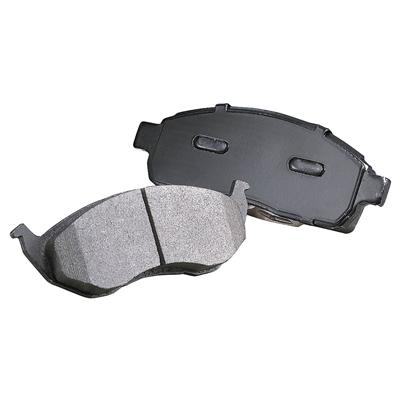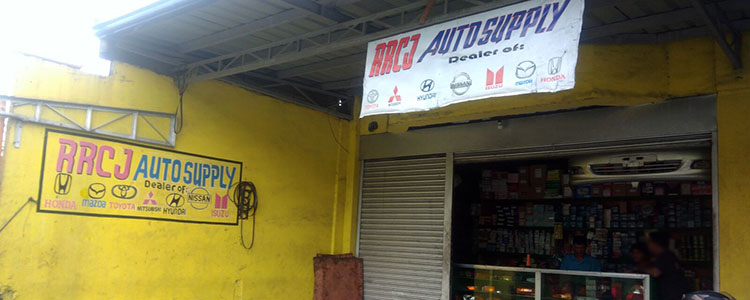What to do when the car overheats
Car overheating is a common issue that many drivers face. It can be caused by a variety of factors, such as a malfunctioning cooling system, low coolant levels, or a broken fan belt. In this article, we will discuss some tips on how to prevent car overheating and how to cool down an overheated car.
Preventative Measures
One of the best ways to handle car overheating is to prevent it from happening in the first place. Here are some tips on how to prevent car overheating:
1. Regular Maintenance
Regular maintenance is key to preventing car overheating. Make sure that you have your car serviced regularly, and that the cooling system is checked at least once a year. This will help to identify any potential issues before they become major problems.
2. Check Coolant Levels
Low coolant levels can cause your car to overheat. Make sure that you check your coolant levels regularly, and top up if necessary. If your coolant levels are consistently low, it may be a sign of a leak, which should be addressed immediately.
3. Check Hoses and Belts
The hoses and belts in your car’s cooling system can wear out over time, which can cause leaks or other issues. Make sure that you have these checked regularly, and replace them as necessary.
4. Avoid Extreme Temperatures
Extreme temperatures can put a lot of strain on your car’s cooling system. If possible, avoid driving in extremely hot or cold weather, or if you must, take extra precautions such as checking your coolant levels more frequently.
Cooling Down an Overheated Car
If your car does overheat, it’s important to know how to cool it down safely. Here are some tips on how to cool down an overheated car:
1. Turn off the Engine
The first thing you should do if your car overheats is to turn off the engine. This will help to prevent any further damage to the engine.
2. Open the Hood
Opening the hood will help to release the heat from the engine compartment. Be careful not to touch any hot surfaces.
3. Let the Engine Cool Down
Allow the engine to cool down for at least 30 minutes before attempting to drive the car again. This will give the engine time to cool down and prevent any further damage.
4. Check Coolant Levels
Once the engine has cooled down, check the coolant levels. If they are low, top up the coolant before driving the car again.
car overheating can be a serious issue, but there are steps you can take to prevent it from happening and to cool down an overheated car. By following these tips, you can help to ensure that your car runs smoothly and avoid any costly repairs. Remember to have your car serviced regularly and to check your coolant levels frequently.
Tips for troubleshooting engine overheating
Engine overheating is a common problem that many drivers face. It can be caused by various factors such as low coolant levels, a malfunctioning thermostat, or a faulty radiator. However, there are several ways to prevent engine overheating and troubleshoot when it occurs. In this article, we will discuss some tips on how to avoid engine overheating and how to troubleshoot the problem if it occurs.
Tip 1: Check Coolant Levels
One of the most common causes of engine overheating is low coolant levels. Coolant is a mixture of water and antifreeze that helps to regulate the temperature of the engine. If the coolant levels are low, the engine may overheat. To prevent this from happening, it is important to check the coolant levels regularly. The coolant reservoir is usually located near the radiator and has a maximum and minimum level. Make sure the coolant level is between these two marks.
Tip 2: Maintain the Radiator
The radiator is responsible for dissipating the heat generated by the engine. If the radiator is clogged or damaged, it can cause the engine to overheat. To prevent this from happening, it is important to maintain the radiator. Make sure the radiator is clean and free of debris. You can use a soft brush to remove any dirt or debris from the radiator fins. If the radiator is damaged, it may need to be replaced.
Tip 3: Check the Thermostat
The thermostat is responsible for regulating the flow of coolant through the engine. If the thermostat is malfunctioning, it can cause the engine to overheat. To prevent this from happening, it is important to check the thermostat regularly. You can do this by checking the temperature gauge on the dashboard. If the temperature gauge shows that the engine is overheating, it may be due to a faulty thermostat.
Tip 4: Use a High-Quality Coolant
Using a high-quality coolant can help to prevent engine overheating. High-quality coolants contain additives that help to prevent corrosion and reduce the risk of overheating. Make sure to use a coolant that is recommended for your vehicle.
Tip 5: Avoid Overloading the Engine
Overloading the engine can cause it to overheat. Avoid carrying heavy loads or towing heavy trailers for extended periods of time. This can put a strain on the engine and cause it to overheat.
Troubleshooting
If you notice that your engine is overheating, there are several steps you can take to troubleshoot the problem. First, turn off the air conditioning and turn on the heater. This will help to dissipate the heat from the engine. Next, pull over to a safe location and turn off the engine. Open the hood and check the coolant levels. If the coolant levels are low, add more coolant. If the coolant levels are fine, check the radiator for any signs of damage or clogging. If the radiator is damaged, it may need to be replaced.
Engine overheating can be a serious problem that can cause damage to your vehicle. However, by following these tips, you can prevent engine overheating and troubleshoot the problem if it occurs. Remember to check the coolant levels regularly, maintain the radiator, and use a high-quality coolant. If you notice any signs of engine overheating, take immediate action to prevent further damage.
Hey guys, have you ever experienced your car overheating while driving on the road? It’s definitely not a pleasant experience, especially during the hot summer months. But don’t worry, there are some tips for troubleshooting engine overheating that can help you out.
Firstly, turn off your car and let it cool down for at least 30 minutes. Then, check the coolant level and make sure it’s at the right amount. If it’s low, add some more coolant. Also, check for any leaks or damages to the hoses, radiator, or water pump. If you find any, get them fixed as soon as possible.
Moreover, make sure your car’s fan is working properly and the thermostat is not stuck closed. These can also cause overheating issues. And remember to always keep an eye on your car’s temperature gauge while driving.
By following these tips, you can avoid further damage to your car’s engine and ensure a safe driving experience. Stay cool and drive safe!


